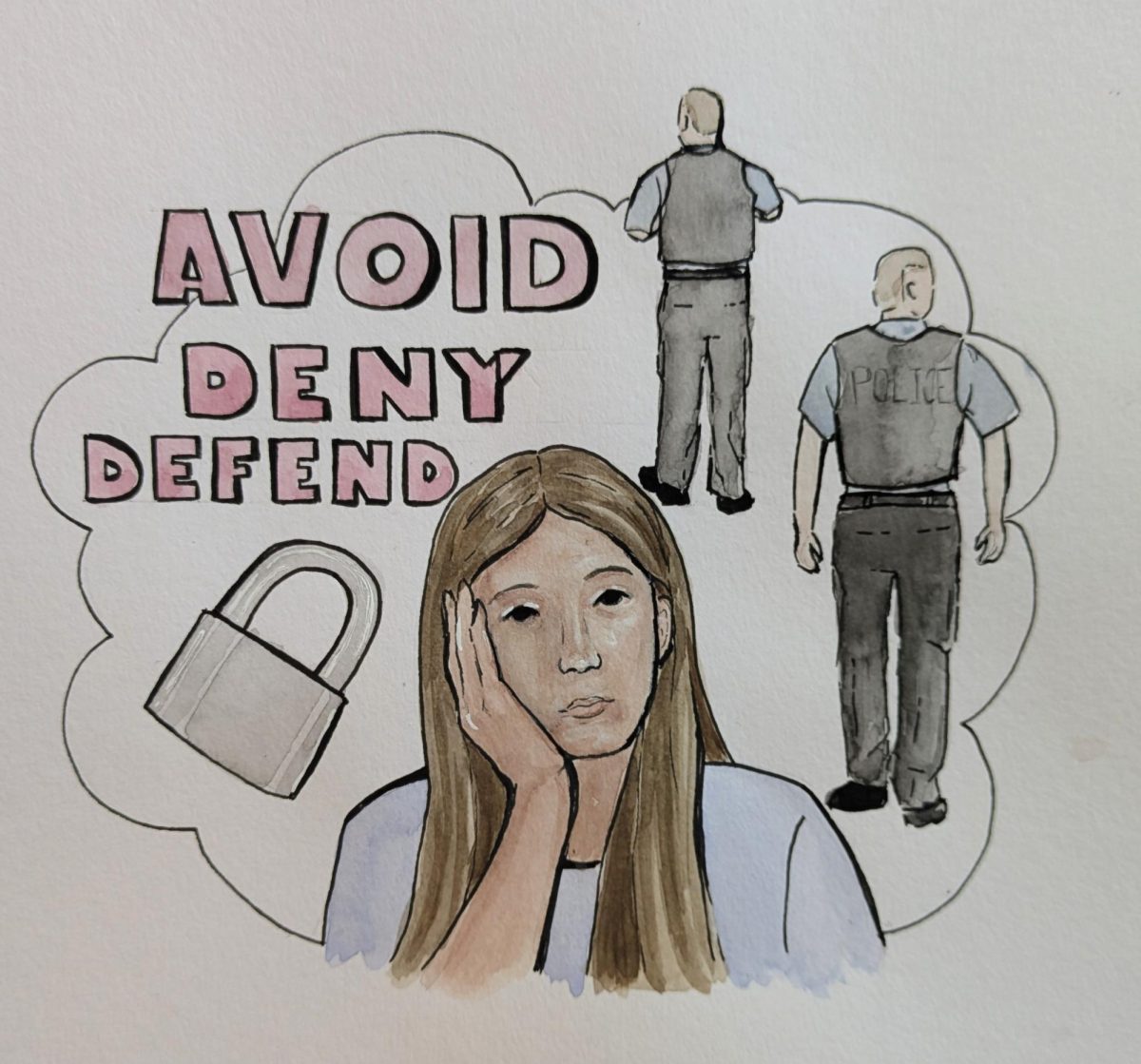This was previously published in our October 2024 issue.
You find yourself in the second week of the fourth marking period, and all year round you’ve worked hard to keep your grades high. Throughout the week, you prepare for a big upcoming test by going to your teacher during Hornet Homeroom and studying whenever you get the chance. The day of the test comes, and you take it. Next class, you get your grade back and you see you didn’t do too well — you think about retaking it, but then you remember you can only retake a test once during a marking period. Instead, you hold onto that retake and bank it, saving it in the fear that you might do worse on another test and won’t be able to retake it, but in turn, bringing your overall grade down.
This is exactly what happened to me last year. The Second Chance Learning (SCL) system was meant to help students by allowing them to retake a test on a topic that they took the time to get a better understanding of and study for. While the idea of it is great and allows students to possibly bring up their grades, there is a fault in the system. Students are allowed to use SCL only one time every marking period.
I know that I, along with many other students at Emmaus High School, are hardworking and truly care about our high school careers because we know that what we do here can pave the way for our future. However, I also know that we all have off days, we all struggle, and we all need some help sometimes. This is where the SCL opportunity helps students, allowing us to retake a test. But when we can only retake one test one time during a nine week time period, it installs a fear of the unknown in students.
When I think about the SCL system, I think about money. It can be valuable, but only when used correctly. For example, if one day I was given $20 for anything I want in a store, I would go straight to the makeup section. I would buy what I could with the money and leave happy. What if the next week, though, I go to a different store and I see three products I was looking for the original day I was given the money. It’s too late, the money’s gone and I can’t get them. That is exactly how I see the SCL system. If I retake a test that I didn’t do well on now, I won’t be able
to retake another test later, thus creating a neverending cycle of anxiety and fear.
Not only does the SCL system create an anxiety of wasting the one chance we get to do better on a test, but it creates a fear of failing. I know that if I do poorly on a test, I might choose to use my only second chance on that test, but then I’m out of luck if I were to need it in the future.
So to avoid all that, the possibility of failing becomes my living nightmare. Now whenever I’m studying for a test, I put an immense amount of stress on myself because I know that if I fail or do horribly, I will be forced to use my only second chance to do better.
Listen: it’s not that students aren’t preparing themselves enough for tests. It’s far from that. Sometimes you just have a bad day. So why should that be held against us? What is the point of implementing a system meant to help students if it isn’t helping everyone? I know that if someone were to ask me right now if I would retake a test that I did poorly on, I would say no, because there is no reason in wasting my “money” now when I could need it later.
EHS could allow students to have more than one SCL opportunity. Now I know that many people might dislike the idea of giving students more than one retake. They might say, “Oh, students will just take advantage of having more than one retake!” or “They won’t study as hard!” So take away their extra chances. If a specific student takes advantage of the system repeatedly, then that student — and only that student — can go back to having only one retake every marking period. The solutions aren’t that hard. We know we’re hard workers and we deserve to have more than once chance to retake a test.
Whether that means allowing students to have three retakes every marking period or making the SCL system adaptable to the student, it must change. There is no point in having a supposed helping system when it continues to ignore student’s needs.




